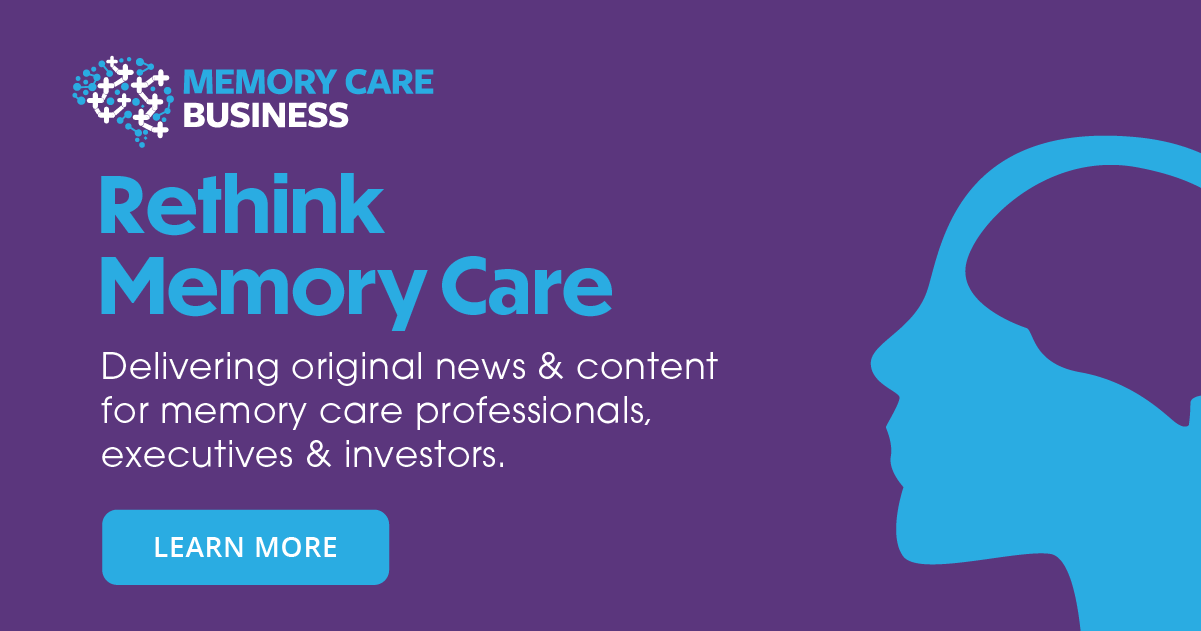Hks, Partners Launch New Coalition Meant To Help Communities Create ‘cognitive Gym For The Brain’

A new coalition of organizations spanning multiple industries aims to inform how future communities, including senior living properties, are built to emphasize cognition and brain health.
In February, architecture, interior design and advisory firm HKS announced the formation of the Building Brains Coalition, a group that is designed to bring together professionals in the fields of design, health care, climate science, neuroscience, psychology and public policy.
The collaborative effort was launched by five organizations: The Center for Brain Health, Center for Advanced Design Research and Evaluation, HKS, Brain Capital Alliance and Rice University’s Baker Institute Neuro-Policy Program. The effort also expands beyond borders, bringing in organizations in Sweden and Ireland.
“We want to build better brains by building better buildings,” said HKS Partner and Executive Vice President Upali Nanda in an interview with Memory Care Business. “It’s not about over-simplifying environments but creating cognitive stimulation.”
This is essentially an effort that could use future senior living community design as “a cognitive gym for the brain,” creating spaces where older adults can thrive. From improving brain health through new design practices that focus on social, environmental and physical elements, Nanda said, in an effort to improve the future of senior living and aging.
This long-range effort looks to help senior living providers, capital groups, developers and health care leaders to think differently about brain health and the potential for future investment in brain capital, the combination of brain health and brain skills that contribute to mental health and well being.
“Imagine what could happen if we’re investing in human brains alongside real estate in a combined fashion but the reality is that right now we don’t think of the human brain as an investable asset class,” said Harris Eyre MD, who leads the Baker Institute’s Neuro-Policy Program at the Center for Health and Biosciences.
In the first year, the coalition aims to raise awareness about its goals, while also drafting a crowd-sourced paper with hundreds of stakeholder inputs that takes a position on which built environments can lead to improved brain health.
Intentionally broad in scope, the coalition brings together mediums of science, law, banking, finance and design, with emphasis on preventative wellness to promote healthy aging and identify early interventions. With the wide range of inputs, Nanda said there was “huge potential” to create enriched environments for people, especially those as they age.
“If you’re in an enriched environment with social, sensory, cognitive, and motor stimuli, your brain will be healthier,” Nanda said. “That makes your body healthier, and in turn, the environment becomes healthier. And the reverse is also true—when the environment is healthy, your body is healthy, and your brain is healthy. This reciprocal relationship from building these environments is what we want to share.”
Pitfalls of traditional senior living communities and their design in the past has been to “over-simplify” design elements, Nanda said, noting that even low-cost elements like using bright colors in community interior design and artwork can create inviting, and stimulating, environments for older adults.
The coalition notes that its vision matches the priorities of the World Health Organization, AARP and the World Economic Forum.
The post HKS, Partners Launch New Coalition Meant to Help Communities Create ‘Cognitive Gym for the Brain’ appeared first on Senior Housing News.


